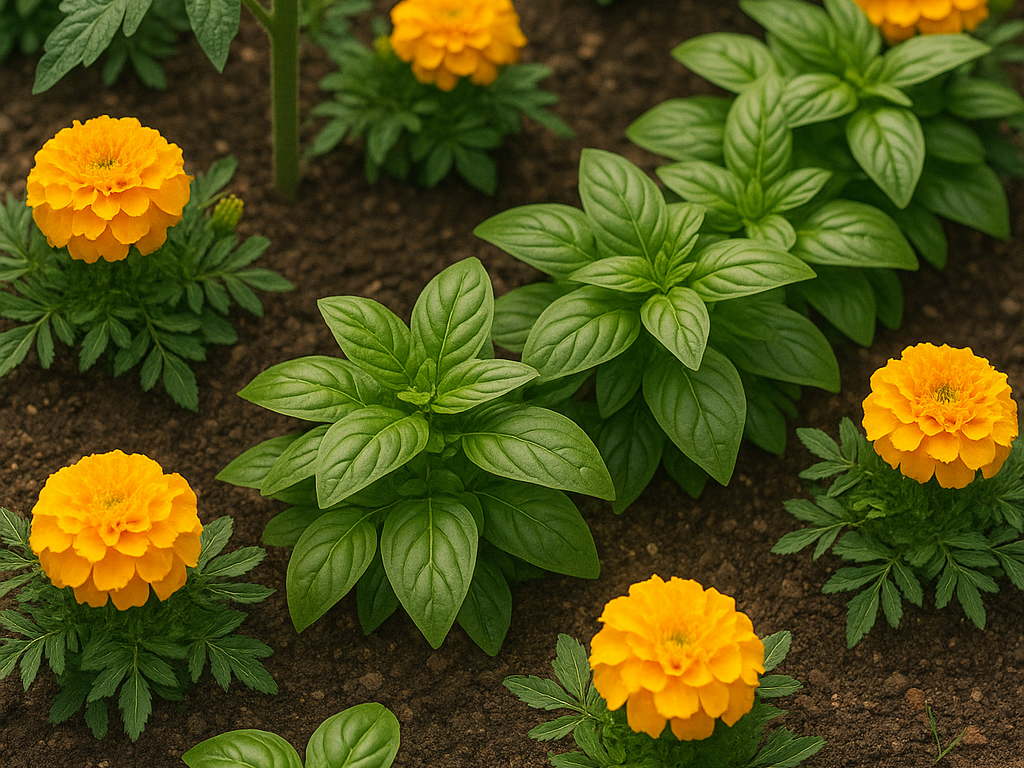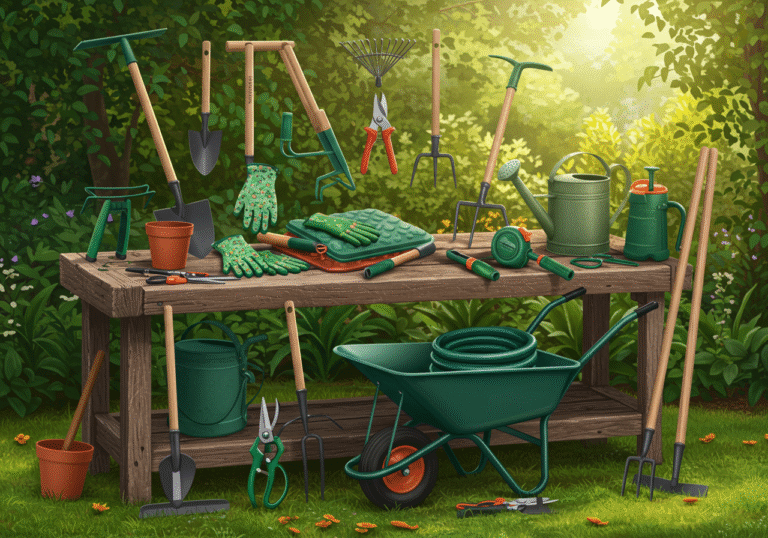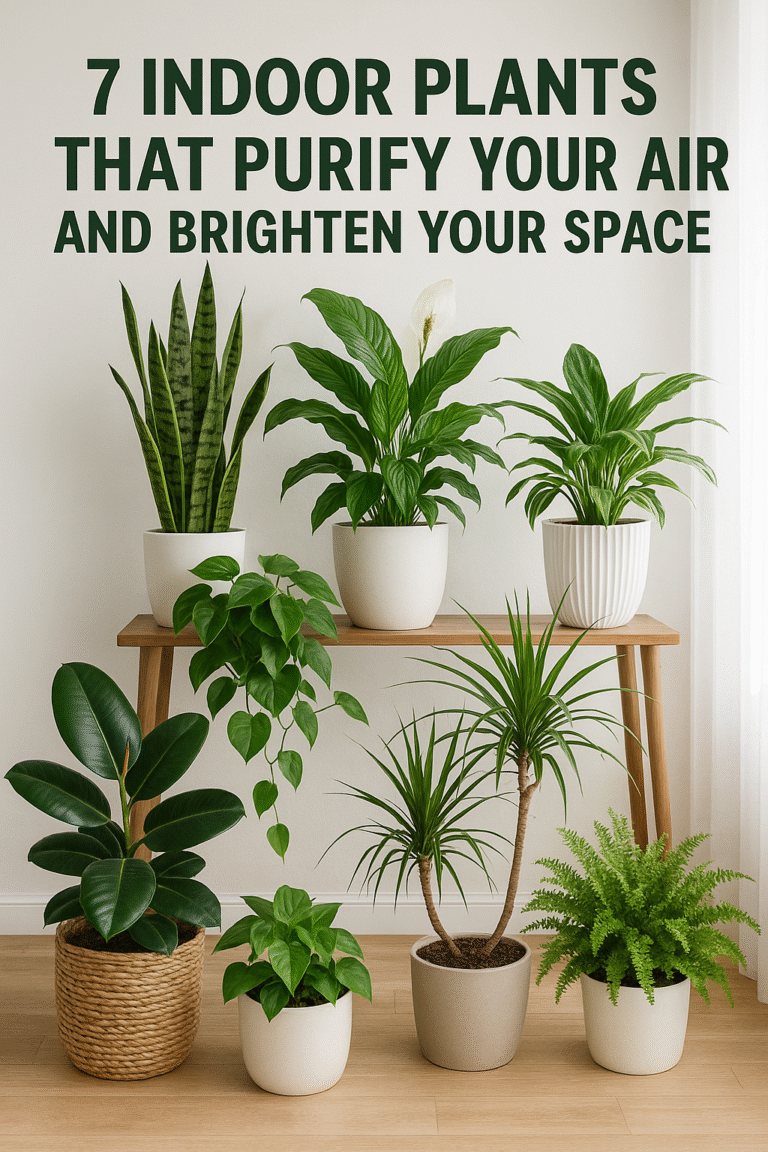Pest-Proof Your Garden Naturally: Tricks Every Gardener Should Know
Frustration doesn’t even begin to describe it when your precious garden is suddenly overrun with pests.
You work hard to tend to your garden and make it prosperous with edible food. Then one day you start noticing leaves getting eaten, fruits with holes, and the culprits running around like they own the place.
It’s no wonder why a lot of people would rush to get chemical pesticides that can annihilate those pests.
But pesticides aren’t the answer and in this article you’ll learn several ways to pest-proof your garden naturally. These are solid tips and tricks every gardener should know for a pest-free garden.
Where do pests come from

If you’ve ever wondered where these pests come from, here it is. Pests can be insects, mammals, or birds. They are living, breathing animals. They get hungry and scour the earth for food to eat. And their search can lead them to your fruitful and beautiful garden.
Once in, insect pests eat leaves, suck plant juices, and burrow into fruits, vines, and roots.
Mammal and bird pests take large bites out of your produce, munch on the leaves, or even dig up tender seedlings.
There’s also something many gardeners don’t know. Two things actually. One is that pests eating your produce are a sign that your garden or produce are healthy. Pests don’t eat leaves sprayed with pesticides or produce that are sick from within. They find and choose the best edible plants to put in their bodies. So if you’re growing a garden and without any pest-proof measures in place are somehow gardening pest-free, you might want to check on the health of your garden. The second thing is that a pest can happen to anyone. You don’t have pests because you’re a newbie. Even master gardeners can have pests in their gardens until taken care of.
The problem with pesticides
Did you know homeowners use three times the amount of pesticides as farmers? Brings us back to the frustration we talked about earlier. Farmers might be more tolerant of pests. For home gardeners it’s personal.
It might seem like justice or revenge but research has also shown that most wildlife pest poisonings, and surface water contamination from pesticides come from single-family homes.
Can you imagine that? It’s not something you would want to be responsible for.
Pesticides and others such as herbicides and fungicides interrupt a natural cycle, and this ends up affecting us humans and other mammals, pollinators, and even our water supply.
These chemicals eliminate indiscriminately, which means both pests and other beneficial animals to your garden get killed. This in turn has been known to affect the food chain all the way up to songbirds.
The good news is for every pest attack you face there’s more than one natural solution that protects your garden and the earth.
Pest-proof your garden naturally: Prevention
Prevention occurs before the pest attack. So if you’re reading this and you are already thinking ahead to protect your garden, get busy with these tips. These also work if you have recently solved your pest problem and don’t want a reoccurrence.
- Put up a barrier
Something that says to these troublesome pests—especially mammals among them—you’re not welcome here. This is actually one of the foremost ways to prevent a pest invasion. There are several simple barriers you can use for your garden. Some include garden mesh, garden netting, iron, wire, or mesh fence.
These physical barriers help to let water, sunlight, and air in but keep the pests out.
The key is to cover your garden from the moment you first plant your transplants into the garden or sow some seeds. For example, you can use your garden mesh to cover your beds.
When plants are young, they are particularly vulnerable to pests, but a simple garden mesh will give them all the protection they need from the start.
- Always pull out the infected
Infected or weak plants can create an in for pests to get in. Pull them out when you see them and disinfect the tools you use.
- Maintain good soil health from the start
Use natural composting and fertilizer to nourish your soil and develop strong plants. Rotate your crops, and avoid overuse—if at all necessary—of chemical fertilizers. These practices help build soil biodiversity and structure. And a well-balanced soil ecosystem encourages beneficial microbes and insects that can suppress harmful pests.
Pest-proof your garden naturally: Solution
When the attack is already here, these tricks will help you chase out the invaders.
- Scatter eggshells
Gather enough eggshells, crush them, and spread them on the ground in your garden. This will help chase off soft-bodied pests such as snails and slugs. In addition, eggshells gradually break down and enrich the soil with calcium, supporting plant health. Replenish your eggshell flooring after heavy rains.
- Recruit their natural enemies
The enemy of your enemy can be your friend. Integrating your pests’ natural predator into your garden is a very effective way to keep them off. These beneficial insects and predators include ladybugs, praying mantis, lacewings, nematodes, hoverflies, frogs. You can invite these predators by including flowering plants that attract them. Or go as far as creating a habitat for them with ponds and accommodations like bed boxes and bee hotels.
Sometimes you don’t need to invite the animal, you can buy their urine in your local store and use that. For example, when raccoons smell wolf or coyote urine, they think that animal is near and about to eat them.
- Spray natural oils
Some natural oils interfere with the life cycle of insects. Hence spraying them in your garden will help to deter such pests. Because hunger aside, pests want to be able to reproduce and start a community in your beautiful garden. Natural oils like neem oil or peppermint oil work best against aphids, whiteflies, and spider mites. Simply dilute the oil in water and spray on your plants. It helps you keep beneficial insects as well.








